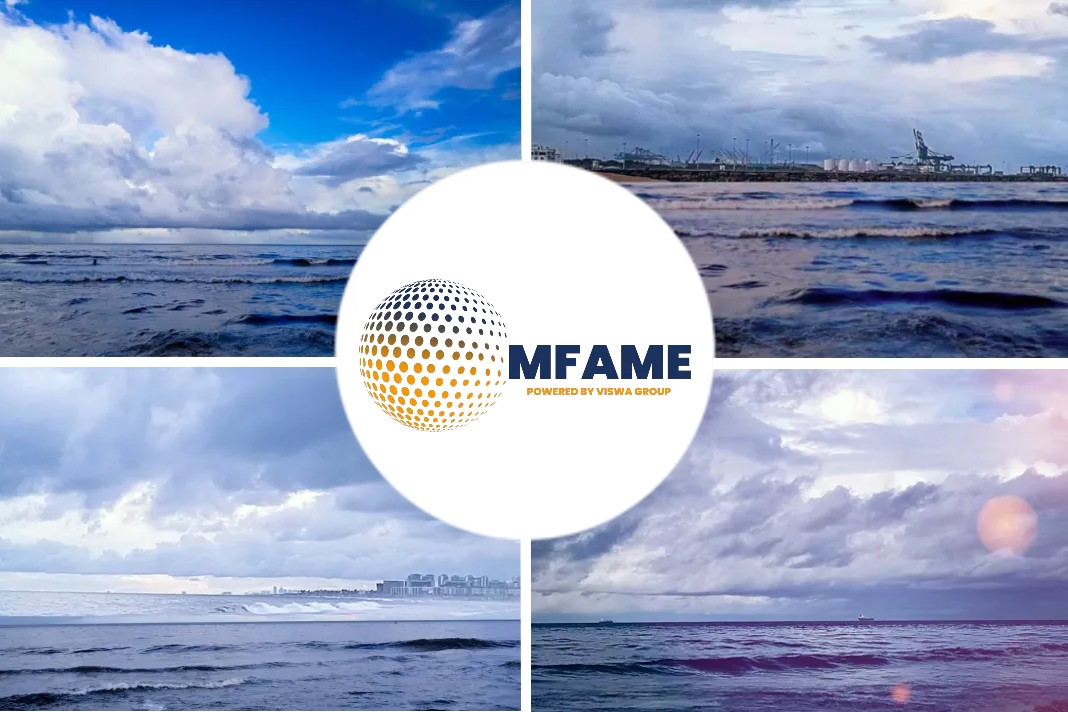Several reports about a cruise vessel discharging several thousands of food waste and grey water into the Great Barrier Reef should send a clear message to the International Maritime Organisation that MARPOL Annex IV needs urgent revision.
Revision of MARPOL Annex IV
Mr.Mark Beavis, Managing Director of ACO Marine highlighted that incidents like these should be severely dealt with and the IMO must swiftly revise the MARPOL Annex IV to implement stringent measures.
The incident which occurred on 26 August and is still under investigation by the Australian Maritime Safety Authority, the pulped slurry could have been transferred from a food waste holding tank to the ship’s grey water holding tank from where it was unintentionally discharged overboard into the protected marine park.
Mr.Beavis said, “There are local rules regulating the discharge of ships’ grey water, but there is still no internationally-enforced requirement to prevent the damage that this waste stream can have on the marine environment and, ultimately, human health. Grey water is a such an under-reported threat; much more so than oily water, black water and sewage”.
Overloads the ecosystem
When discharged into the marine environment, the oils, fats, detergents, chemicals, greases, galley waste and micro- and nano plastics that make up the grey water stream can flood the surrounding environment with nutrients.
Mr.Beavis said, “It overloads the biological make-up of the ecosystem, is being consumed by marine life and is entering the food chain”.
Study on micro-plastic
In October, researchers at the Medical University of Vienna and the Environment Agency Austria published the results of a study into the amount of micro-plastic found in human stools.
The study, the first of its kind, analysed stool samples from eight participants around the world. None of the participants identified themselves as vegetarian and six ate fish. The samples contained up to nine different plastics of between 50 and 500 micrometers in size. On average, researchers found 20 micro-plastic particles per 10g of stool.
Revision of rule necessary to contain menace
Mr.Beavis said, “Up to 5% of all the world’s plastic ends up in the ocean, finding its way into seafood, including tuna, lobster and shrimp. A significant amount of this micro-plastic is being discharged in the grey water generated by the global shipping fleet but, as an industry, we can reduce this by simply revising existing legislation. If we follow the spirit of MARPOL Annex IV, then grey water must be added because it has a far greater environmental and human impact than any other wastewater stream”.
Did you subscribe for our daily newsletter?
It’s Free! Click here to Subscribe!


























